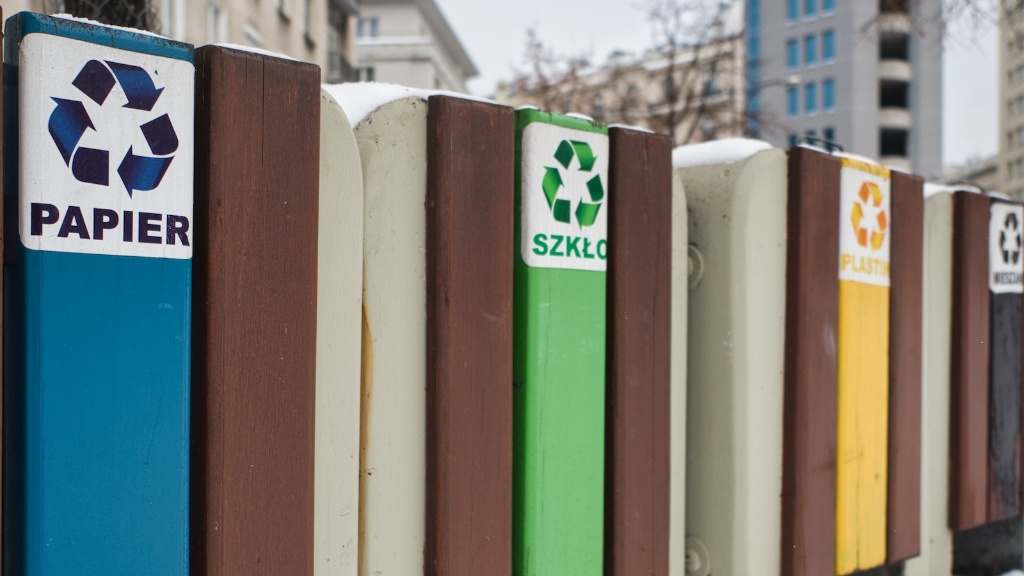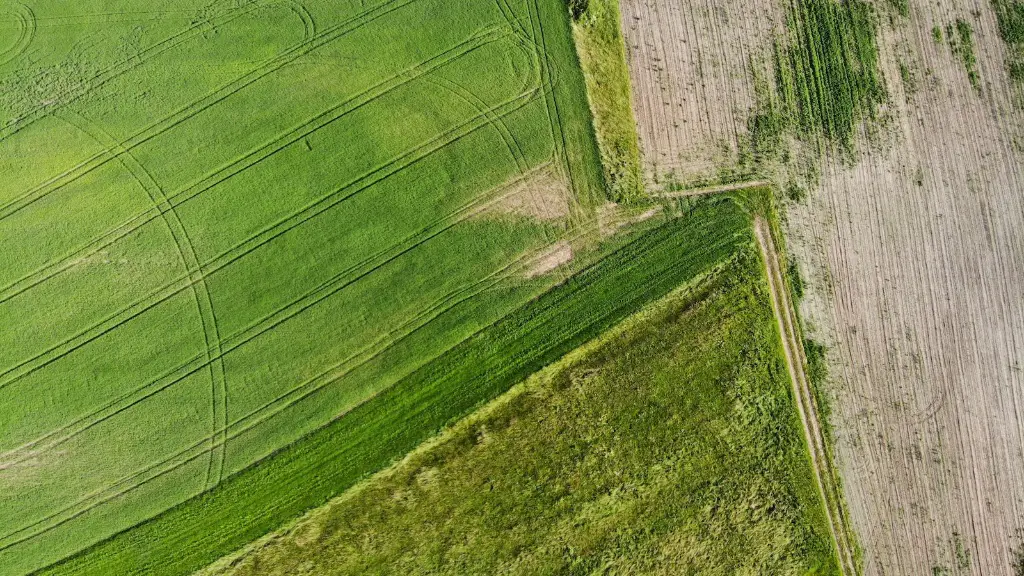Since the 19th century, humans have had a direct impact on global warming. As more research and science has come to light on this issue, the debate has intensified. Carbon emissions from the burning of fossil fuels, increased deforestation, and the release of powerful greenhouse gases like methane are just a few of the ways humans have impacted the global climate. While some individuals take part in environmentally friendly practices—such as low-waste consumtion, recycling, and the planting of trees—climate change continues to have a negative impact due to human-caused emissions from industries, vehicles, and other sources.
Fossil fuels, such as coal and oil, generate large amounts of carbon dioxide when they are burned in order to create energy. This carbon dioxide accumulates in the atmosphere and traps heat, a process called the “greenhouse effect.” This effect traps much of the sun’s energy and thus causes the temperature of the environment to increase. It’s estimated that about 75 percent of carbon dioxide emission since the 1800s can be attributed to human sources, with each individual generating an average of more than 10 metric tons of carbon dioxide a year. In 2017 alone, the burning of fossil fuels released more than 36.6 billion metric tons of carbon dioxide, contributing to 0.6°C of global warming. China, the United States, and the European Union are the top three countries respectively responsible for fossil fuel-related carbon dioxide emissions.
In addition to carbon dioxide emissions, humans also contribute to global warming by decreasing plant and animal habitats, which leads to increasing levels of methane in the atmosphere. Deforestation is a major contributor to this effect, as it removes plants, which would otherwise use the greenhouse gases to produce oxygen. Studies have shown that the increase in global methane levels over the last two hundred years is almost entirely due to human influences, with landfilling and cattle farming being particularly critical. Indeed, emissions from cattle farming account for nearly 38 percent of global methane release, leading to an additional 0.5°C of global warming since 1996.
Humans have also impacted global warming through their consumption habits. The production and transportation of energy-intensive goods and services has led to an increase in carbon dioxide emissions. A recent assessment of global emissions showed that the transportation of goods and people alone was responsible for 10 percent of total emissions. Waste production has also had an effect on global warming. In the US, for instance, an average individual produces around 4.5 pounds of waste a day, a figure that is twice as high as the global average. The disposal and incineration of such waste greatly contributes to the environmental degradation that has led to global warming.
In order to mitigate the effects of global warming, humans must drastically reduce their carbon dioxide and methane emissions. This can be done through a wide range of initiatives, including switching to renewable energy sources such as wind and solar, adopting low-emission transportation methods, reducing deforestation, and changing their consumption habits. Many countries have already taken steps to reduce their emissions and adopt climate-friendly practices. For instance, the European Union’s Emissions Trading System has resulted in a 6.1 percent decrease in emissions since 2005. The world must also come together to create stricter regulations, provide subsidies and financial support for climate-friendly initiatives, and ensure that all players abide by these standards.
As climate change continues to have an increasingly negative effect on the global environment, it’s clear that humans must take drastic action to reduce their impact and protect the future of the Earth. Only by making large and collective efforts can we reduce our emissions and cut the world’s current and projected carbon dioxide and methane output. It’s time to take action now, before it’s too late.

